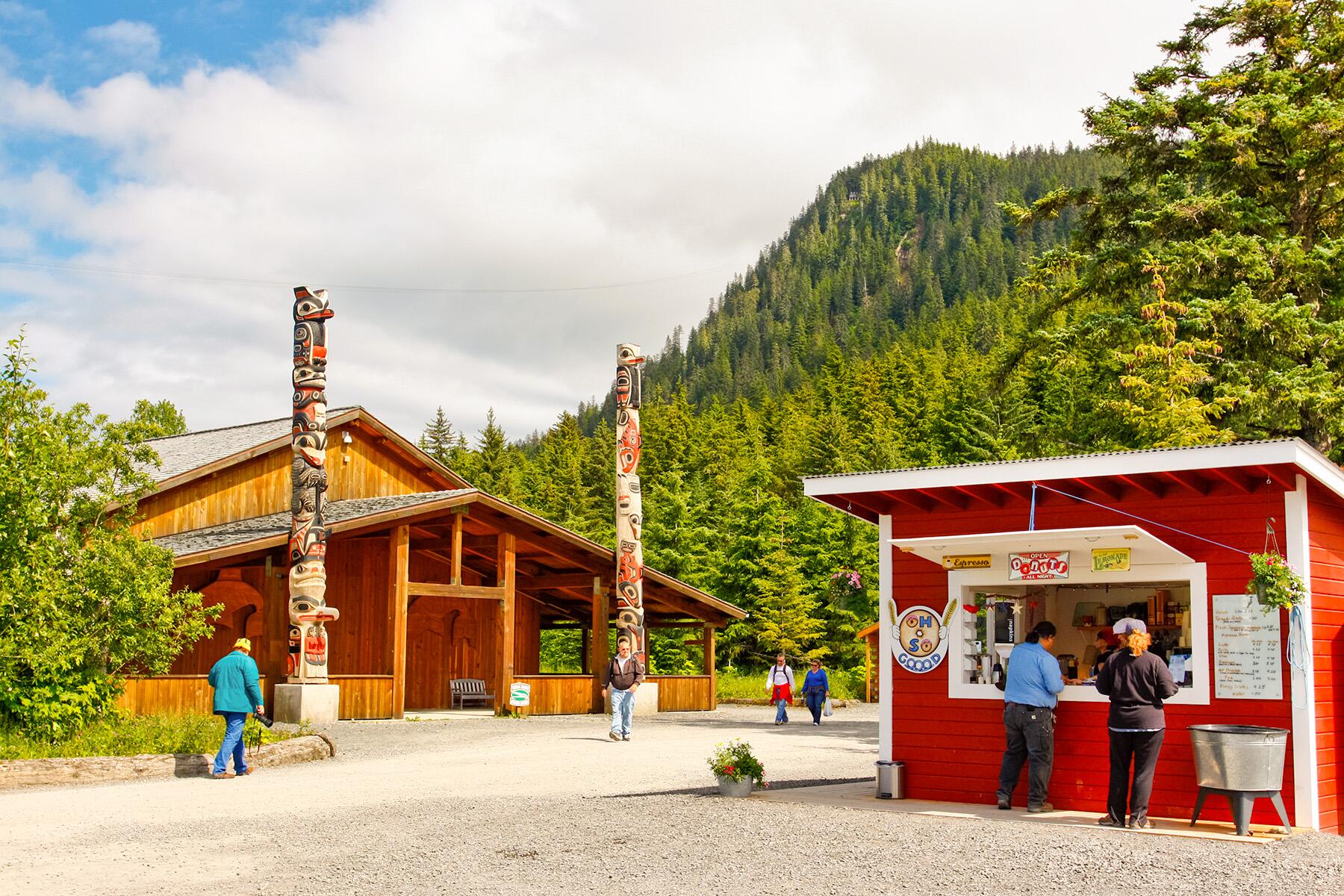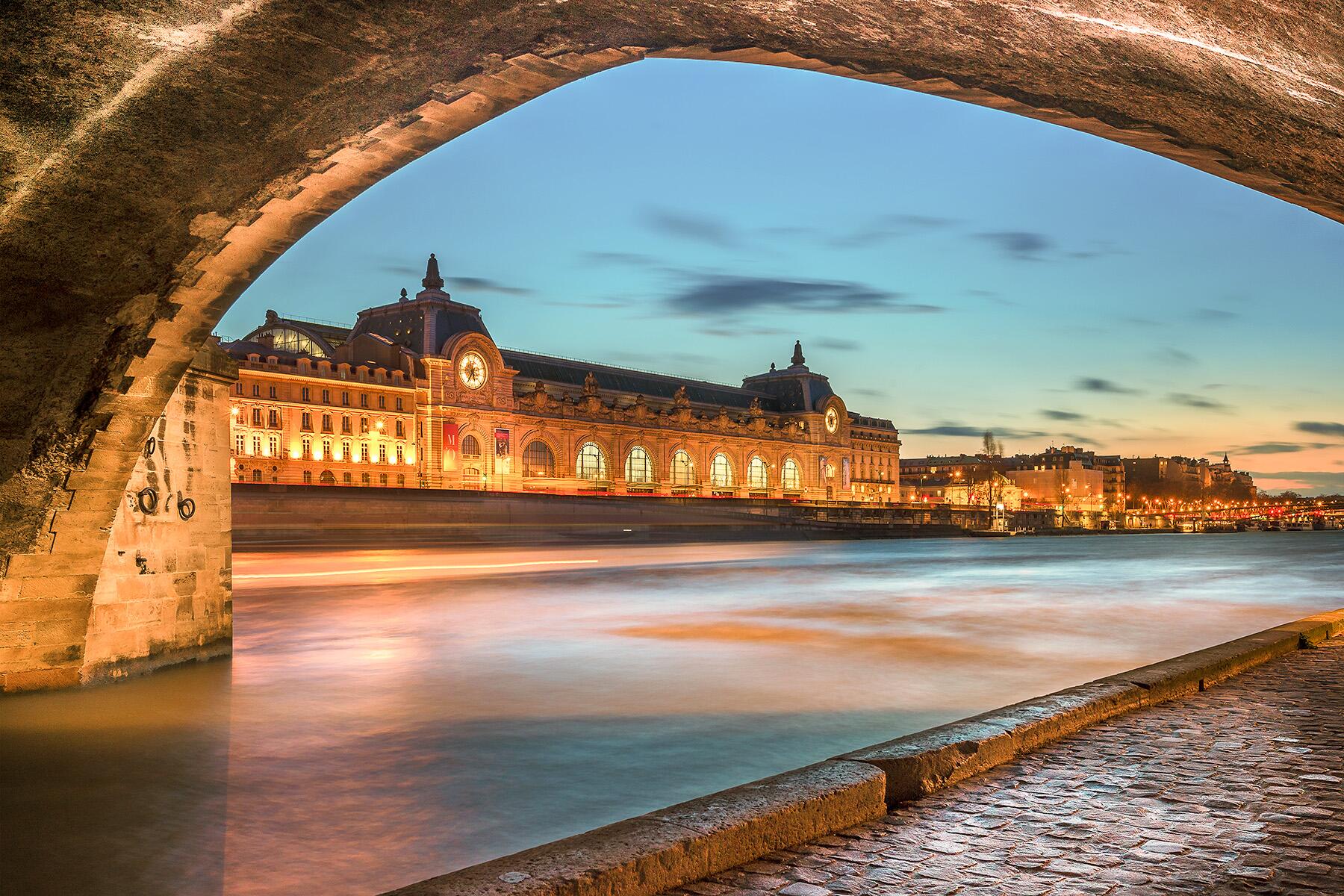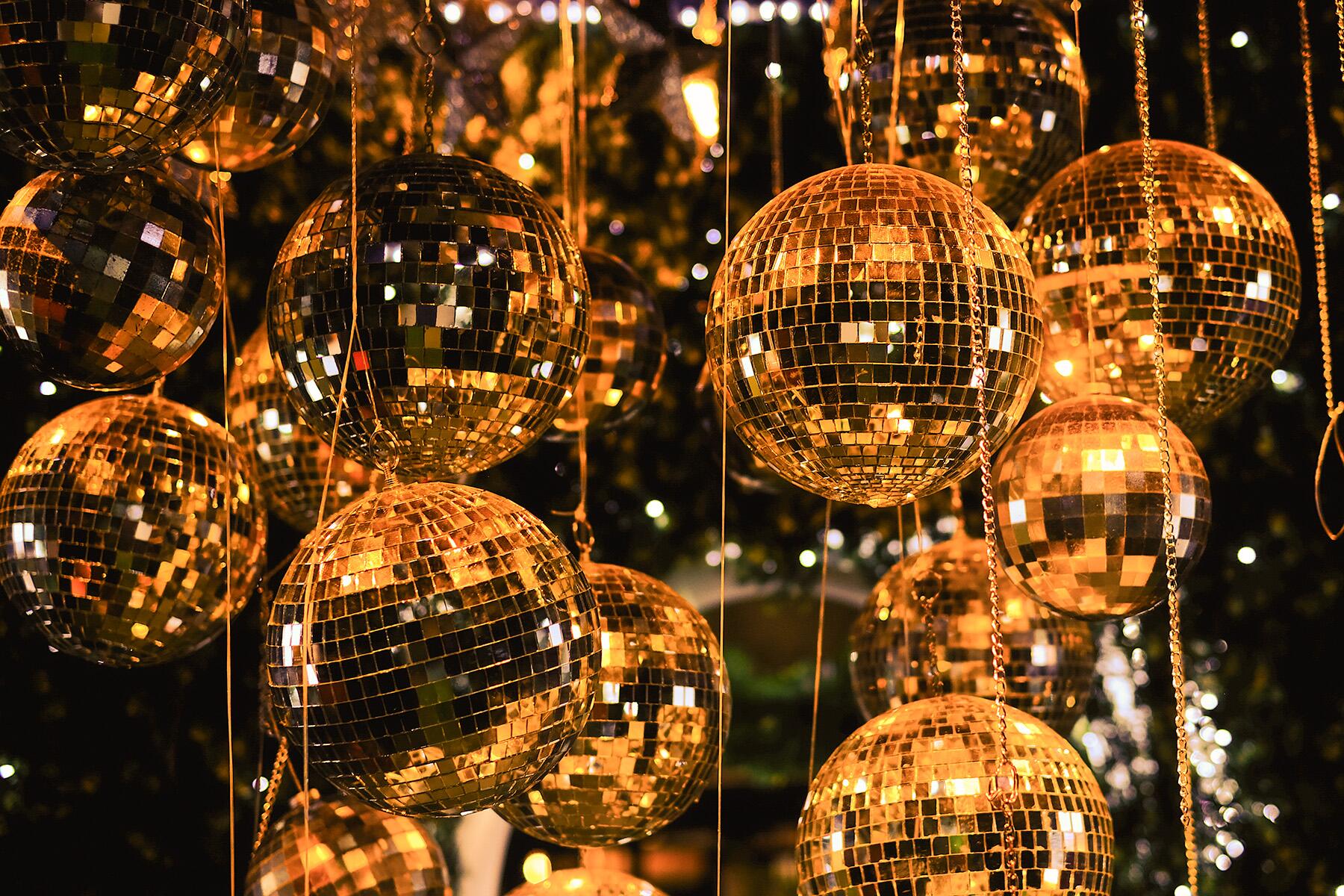For one of Saudi Arabia’s first women DJs, the country’s first electronic music festival marks a promising cultural shift.
O
n the stage, a young woman stands before a set of Pioneer DJ decks while dressed in a black blazer with metallic-silver details. Beneath cat-themed visuals and violet lights, she gazes across the crowd and fades the mixer into her signature deep house sound. She stands surrounded by artwork created by women: the blazer and the cats were the brainchildren of Saudi women designers, and a woman photographer is capturing the scene. Rewind just three years, and none of this would have been imaginable.
Over four days in December 2021, more than 720,000 people descended on a sprawling, purpose-built site just outside of Riyadh, the capital of Saudi Arabia. People from Saudi Arabia and all over the Middle East and a handful from Europe were there to attend the second edition of MDLBeast Soundstorm, the largest-ever music event in the Middle East and the first electronic music festival in Saudi Arabia.

Some 200 artists played across eight stages, featuring performances from high-profile American and European producers like David Guetta, Adam Beyer, and Nina Kraviz. But also on the line-up was a smattering of Saudi DJs with names like “Baloo” and “Vinyl Mode.” These DJs were leaders of a deep underground house and techno scene in Saudi Arabia dating back to the 1990s and early 2000s, back when dance parties were illegal. More remarkable still were the ten women Saudi DJs on the list: Biirdperson, Dorar, Kayan, Solskin, Danah, Mender, Mariam Arab, LeSad, Missy, and Cosmicat.
Recommended Fodor’s Video
“Until recently, just the thought of Saudi women working in music was semi-impossible for so many reasons,” explains Nouf Sufyani, the 30-year-old artist who goes by the stage name Cosmicat and was the Kingdom’s first women DJ-producer. “Culture, restrictions, not actually having the chance, no music schools, not even record shops were anywhere to be found for such a long time. We didn’t even have instruments to buy anywhere in the country, you had to buy them online.”

Saudi Arabia was unified into a single kingdom in 1932, just six years before the discovery of oil that would shape it into a global financial power. Always a conservative society, it was the 1980s and 90s—following an uprising against the monarchy in 1979—that saw a steep rise in strict enforcement of Sharia law that has since characterized Saudi Arabia. The infamous “morality police” controlled public behavior, including enforcing a ban on playing music in public. During those decades, women had strictly limited freedoms and required male chaperones to travel. Women were not allowed to drive or vote. It was this climate that Cosmicat was born into.
“I grew up in Jeddah, Saudi Arabia in the 90s and early 2000s,” she says. “I first discovered the joy of music when I bought my first cassette and started the habit of a record collection. I used to get yelled at by my parents for having so many records. Then the internet was born, which made everything a million times easier. My library grew bigger and bigger, and I had thousands and thousands of records. I never thought of it as a career. I went to dental school and graduated as a dentist in 2016, but I used to play the piano and write songs, make playlists, and experiment with audio software. I was employed in my dental office when I bought my first DJ mixer online, just for fun. I was a kind of bedroom DJ for so long until I got to know this cool and vibrant community in Jeddah that was all about electronic music.”
Cosmicat connected with the underground house and techno scene in Jeddah thanks to the internet. Secret dance parties would be held in private homes, off the police’s radar. “When I was in school, I was really passionate about hip-hop, and my only way to share this with other people was to go online and have discussions with people over Facebook,” she adds. “There were some parties here and there for underground performances, just with trusted friends. They were very small and very limited. If the parties got found out, you would go to jail. You’d have your stuff confiscated; everyone would get in very deep trouble.”
Social Change or Controversy?
In the past few years, the bedroom DJs of Saudi Arabia have been able to step into the light. In April 2016, Saudi Arabia launched its Vision 2030 project, with Prince Mohammed bin Salman (nicknamed MBS) at the helm. This ambitious modernization project aims to diversify the Kingdom’s economy away from oil, investing in private sector businesses and instigating unprecedented social change. Women won the right to vote in 2011 and to drive in 2018. Between 2016 and 2021, Saudi women in the workforce almost doubled, from 18% to 32%.
The insular society has opened to tourism, with Red Sea cruises docking in Saudi Arabia in 2021 for the first time in 17 years and 50% of newly generated tourism jobs going to women. The Kingdom aims to be welcoming 30 million visitors each year by 2030. MDLBeast launched its first festival in 2019, with a mixed-gender, international crowd, women on the line-up, and an attached record company that released Cosmicat’s latest single, Toxic Romance, in 2021.
But Western commentators warn against taking these recent changes at face value. Human Rights Watch singled out MDLBeast Soundstorm in an article on “influencer washing,” pointing out that for the 2019 edition, celebrities and musicians were reportedly offered six-figure sums to post about their festival experience online with social media guidance from state-sponsored PR firms. At the 2021 event, journalists were asked to steer away from discussing LGBTQ+ rights, politics, drugs, and alcohol in media interviews.
The festival was part-funded by the Saudi government’s General Entertainment Authority, posing a problem for artists wanting to get paid for their time while also distancing themselves from Saudi policies, such as alcohol possession and sex outside of marriage being punishable by flogging or imprisonment, and same-sex relationships being punishable by the death penalty. Since MBS came to power, a wave of arrests has targeted women’s rights advocates and critics of Saudi government policies on a scale never seen before. Saudi women still need a male guardian’s approval to marry and obtain reproductive healthcare, among other key freedoms.
Concern about human rights has put off many potential MDLBeast attendees and performers in the West. Nicki Minaj pulled out of a festival in Jeddah in 2019, citing her support for women and the LGBTQ community. Meanwhile, when Peggy Gou was criticized for playing MDLBeast Soundstorm in 2019, she made it clear that it’s not her job as a musician to engage with politics. “It doesn’t matter if it’s Israel or North Korea,” she told i-D. “If there are people who want to hear my music, I will go.”
As a Saudi women artist benefiting from new opportunities, how does Cosmicat respond to the critics? “If you didn’t live in Saudi through the ’80s and ’90s, you would not understand the cultural structure, the community, the way that people think here, and what we actually need,” she says. “We do what fits our community. You can look everywhere around you here in Saudi and see the change happening faster than everywhere else. Hopefully when we get to 2030, a lot more will have changed.”
The Future of Music in Saudi Arabia
For the Saudi women making careers in the country’s burgeoning live music scene, the chance to perform legitimately— for the first time in living memory— is what counts the most. More women than ever were on the dancefloor this year, showing an appetite for change among the country’s youth (who make up most of the population, with 70% of Saudis younger than 30 years old).
“After Vision 2030 was announced, I started getting bookings and could work on my music full-time,” adds Sufyani. “If things now were still as they were in the past, no one would have any opportunities in music. With these festivals, MDLBeast is introducing huge numbers of people to this type of art and it has really changed the game. Electronic music brings people together because it doesn’t generally use language, just a bunch of feelings and sounds. Everyone is there for one purpose, which is the love of music. I feel so happy that I can see the change during the time that I’m alive, and young, and I can experience it first-hand.”




